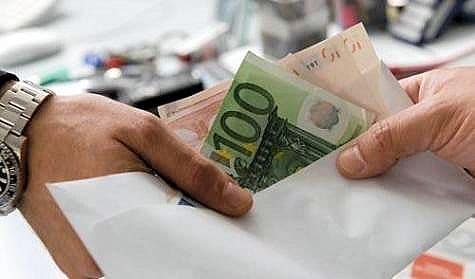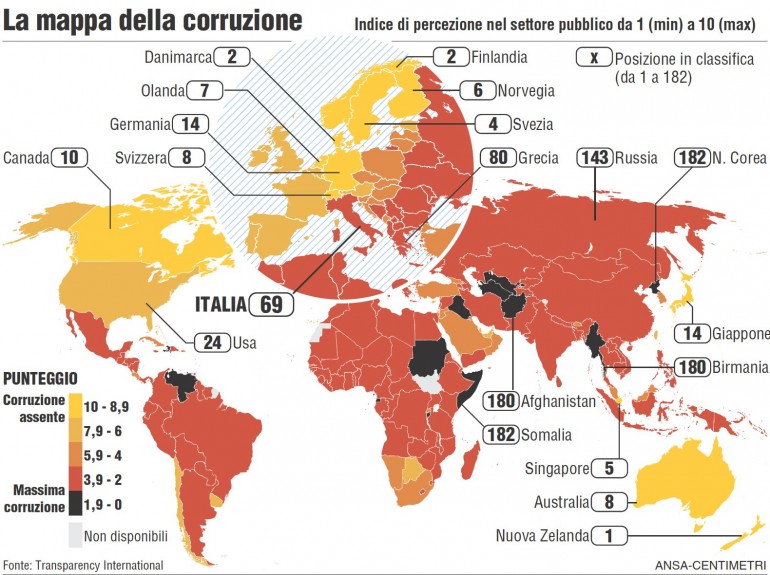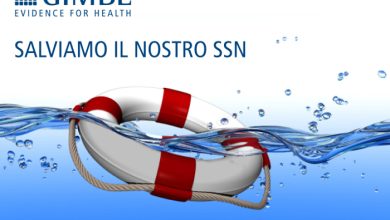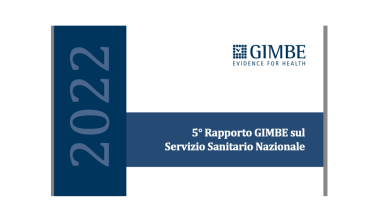
In the annual index of "Transparency international" Bulgaria, Greece, Italy, Romania and Croatia remain the most infected countries in Europe, while Afghanistan shows progress in the world
Friday 5 December 2014 – italintermedia
 The five most corrupt countries in Europe are Bulgaria, Greece, Italy, Romania and Croatia: this is what the latest corruption rankings reveal, the so-called "perception index", which was presented yesterday by “Transparency International”.
The five most corrupt countries in Europe are Bulgaria, Greece, Italy, Romania and Croatia: this is what the latest corruption rankings reveal, the so-called "perception index", which was presented yesterday by “Transparency International”.
In the Balkan area, Croatia is ranked 61st out of 175 countries in the world, one position has risen compared to last year's position even if the corruption perception index remains very high and is calculated at 48, unlike two years ago ago when he was at 46 .
If we consider the countries of the former Yugoslavia, the only one in which corruption is lower is Slovenia, followed by Croatia, Macedonia, Montenegro, Bosnia-Herzegovina and Serbia. On a global scale, however, China, Turkey and Angola appear to be the most corrupt nations according to the index, despite having recorded an average economic growth of over 4 percent in the last four years.
Denmark by contrast tops the index with 92 out of a possible 100 points, meaning the public sector is rated “very clean.” North Korea and Somalia share last place in the world with eight points each, and Sudan, South Sudan and Afghanistan are also ranked similarly. However, Kabul, which has been trying to stop a thirty-year conflict, is also one of the surprises this year, as it has risen on the scale of four points in the "Corruption Perceptions Index".
In the list of the least corrupt in the world, after Denmark the top five are New Zealand, Finland, Sweden and Norway, which shares the position with Switzerland. Germany, which is Europe's largest economy, remains in 12th place like last year. The United States ranks 17th. China, the world's second largest economy, scored 36 points, four less than last year despite the major campaign that has been launched against corruption, and ranks again in 100th place. Turkey have dropped five points to sit in 64th place, while Russia is in 136th. Ivory Coast, Egypt, the Caribbean Republic of Saint Vincent and the Grenadines, Jordan, Mali and Swaziland are the biggest performers in this year's index.
“The poor efficiency of the education system, the trafficking of counterfeit drugs, elections obtained through money are just some of the consequences of corruption in the public sector – reads the commentary on the ranking, signed by Jose Ugaz – – are the elements that undermine justice and economic development, destroying public trust in government leaders and politicians. Corruption is a problem in all countries, even those that appear "clean" must act by trying to stop the corruptive impulses".
Corruption has increased everywhere in some of the fastest growing economies as growth has encouraged the abuse of power: ” The 2014 Corruption Perceptions Index shows that economic growth and efforts to stop corruption are undermined when leaders and senior officials commit abuse of authority for the allocation of public resources obtaining private gains - continues Ugaz - the corruption that is rampant in the main economies not only blocks the fundamental human rights of the poorest, but also creates problems of management and instability. Countries at the bottom of the index should take radical anti-corruption measures for the benefit of their citizens, while those at the top need to ensure they do not export corrupt practices to developing areas.”
The "Perception Index" has been produced since 1995 as an "anti-corruption" tool and aims to raise awareness of the problem of corruption on a global scale by encouraging the authorities to improve the fight against corruption in public institutions. The CPI is the result of a research that generates a ranking of countries based on the assessment of the degree of corruption and the common indicator of perception of corruption in the world on a scale from 0 to 100, where 0 represents a nation perceived as very corrupt. The negative evaluations are based on a total of 12 tests carried out by 11 independent institutions, while the respondents are businessmen and analysts. Croatia was covered with a total of nine studies, with the score range of 31 to 66.
Source . Agencies






